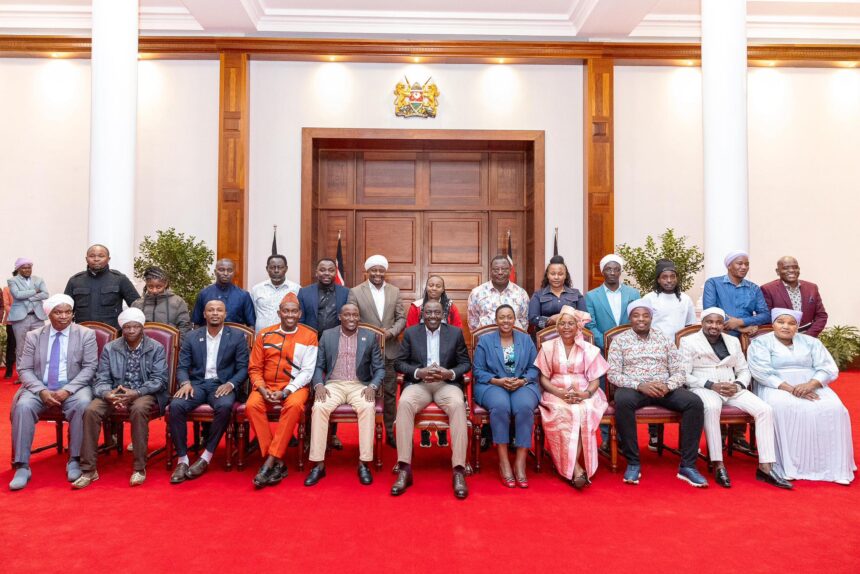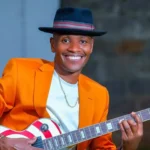A fresh wave of criticism has engulfed a section of Kikuyu musicians after they shared photos from their recent visit to State House, Nairobi. The public backlash intensified as many Kenyans accused the artistes of engaging in political public relations stunts for personal gain. The controversy erupted just weeks after similar criticism followed their earlier meeting with Deputy President Kithure Kindiki.
Public anger first flared a few weeks ago when a group of Kikuyu musicians, including Samidoh, Karangu Muraya, Ngaruiya Junior, and Martin wa Janet, attended a meeting with Deputy President Kindiki at his Karen residence. The artistes were seen praising the government and its initiatives, which many interpreted as a betrayal of struggling Kenyans. Karangu Muraya’s public endorsement of the Social Health Authority (SHA), claiming it had settled a hospital bill for his brother, further fanned the flames. The controversy even prompted former Deputy President Rigathi Gachagua to warn the musicians of a potential public boycott unless they apologized.
The backlash reignited when the same group, along with other Kikuyu artistes, visited President William Ruto at State House for what was described as a dialogue on improving the music industry. President Ruto stated, “Pleased to meet artistes who appraised me of the issues affecting their sector. We agreed to work together for a better Kenya for all.” However, the optics of the visit did not sit well with the public. Many Kenyans questioned why the invitation seemed exclusive to Kikuyu musicians and not representative of Kenya’s diverse musical community.
The situation worsened after some artistes posted cheerful captions and videos from the event. Ngaruiya Junior, previously criticised for attending the Kindiki meeting, shared a video captioned: “We have come in peace, are you peaceful?” Meanwhile, Martin wa Janet wrote: “Today I had a great day with fellow musicians and His Excellency President William Samoei Ruto. God bless you for inviting us to discuss how we can grow musically. Peace be upon this country.”
Despite the official narrative of fostering industry growth, many Kenyans believe the visits are primarily about securing financial handouts. Frustration is growing among ordinary citizens who are grappling with the high cost of living and perceive these meetings as opportunistic. One of the most common criticisms revolves around the perception that these artistes are using their platforms to align with political leaders for personal benefit rather than representing the interests of the broader music community.
The exclusivity of the invite list has sparked further resentment. Many Kenyans questioned why musicians from other communities were not included in the talks. This raised concerns about ethnic favoritism and whether the move was designed to shore up political support within a specific voting bloc.
Adding to the controversy, popular Kikuyu musician Samidoh had earlier caused a stir during a performance in Rongai when he broke into a playful freestyle praising former Deputy President Rigathi Gachagua. This left many wondering if he was signaling political allegiance or simply entertaining his audience.
The backlash against Kikuyu musicians highlights a growing sensitivity among Kenyans toward the perceived coziness between celebrities and political leaders. As the country grapples with economic challenges, public patience with perceived political PR stunts is wearing thin. For now, it remains to be seen whether the artistes involved will address the criticism or whether the controversy will fade with time. However, one thing is clear — in today’s politically charged environment, public figures must tread carefully to maintain the trust and support of their fans.














